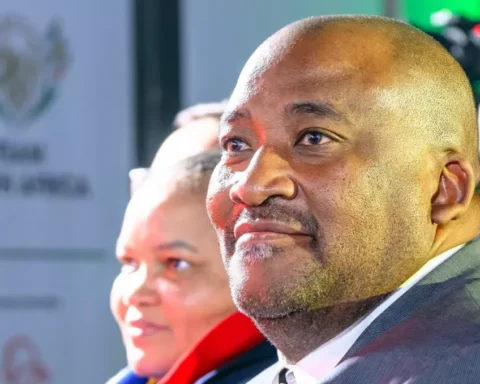Zimbabwe is set to erect a towering bronze monument, standing at 20 meters tall, to commemorate Russia’s victory over Nazi Germany in World War II. This initiative stems from a Zimbabwean research entity’s plan to honor the former Soviet Union’s pivotal role in the defeat of fascism during the Second World War. Kwame Muzawazi, the founder of the Institute of African Knowledge, revealed that the monument will be a key feature of the Liberation City project, which encompasses the Museum of African Liberation. In an interview with Russian state-owned media Sputnik, Muzawazi emphasized the significance of this monument within the broader memorial exhibition.
Muzawazi highlighted Africa’s deep appreciation for the Soviet Union’s contribution to the defeat of Hitler’s fascism, stating, “Africa remembers well that it was the crushing defeat inflicted by the Soviet Union on Hitler’s fascism that inspired the peoples of Africa to national liberation struggles and gave them hope of throwing off the colonial yoke and becoming masters of their own homes again.”
Zimbabwe’s alliance with Russia dates back to the 1970s when the Soviet Union provided support during the African nation’s 15-year liberation war against British colonialism. Despite its historical ties, Zimbabwe has refrained from condemning Russia for its recent actions, including the invasion of Ukraine and the ongoing war.
Muzawazi disclosed that several countries, including Russia, have pledged financial support for the monument. The structure is envisioned to be crafted from bronze, stone, and mosaic, and it will tower over the 100-hectare Liberation City, situated atop a hill west of Harare, Zimbabwe’s capital city.
The construction of this monument underscores Zimbabwe’s commitment to commemorating significant historical events and honoring its alliances. Moreover, it serves as a testament to Africa’s ongoing struggle for decolonization. Muzawazi noted that while progress has been made, Africa’s journey toward complete decolonization remains unfinished, with former colonial powers like Britain and France still exerting influence in some African countries.








